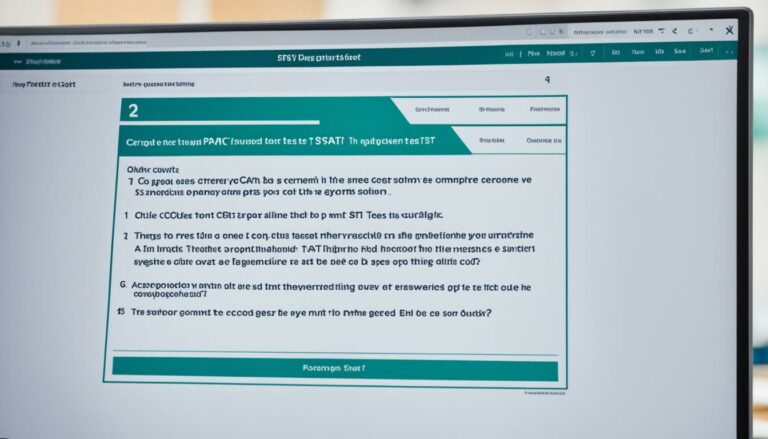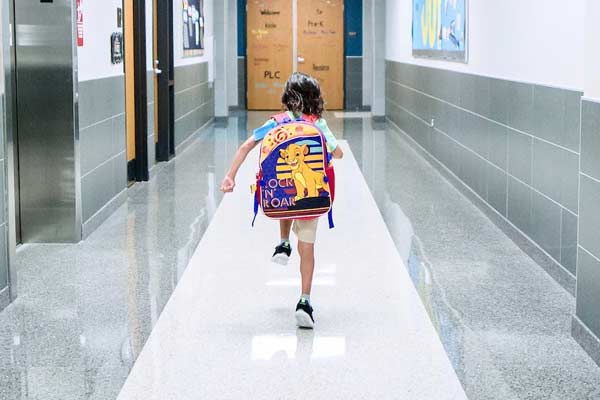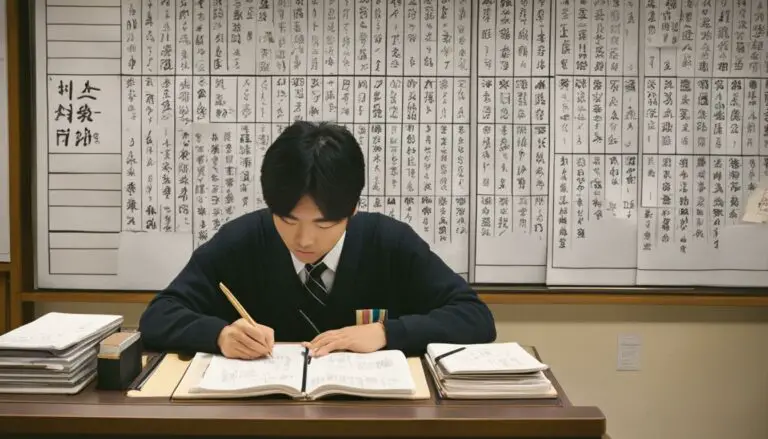Why is Summer Break Good for Students? The Secrets Schools Don’t Tell You
Summer break is a time that many students look forward to each year. It’s a time when they can take a break from the stress of school and enjoy some much-needed downtime.
But is summer break good for students? The answer is yes, and there are several reasons why.
Firstly, summer break allows students to recharge and refresh. Students need a break to relax and rejuvenate after a long school year filled with tests, homework, and extracurricular activities.
This can help them return to school in the fall, feeling more motivated and ready to learn.
Summer break allows students to pursue their hobbies and passions beyond school.
Whether through travel, summer camps, or simply spending time with friends and family, students can use the summer months to pursue activities they may not have time for during the school year.
This can help them develop new skills and interests that can benefit them in the long run.
The Importance of Rest and Relaxation
Summer break provides an excellent opportunity for students to take a break from the academic grind and focus on rest and relaxation. Time to unwind and recharge is crucial for maintaining good mental health and academic success.
Reducing Stress and Anxiety
Students face academic pressures during the school year, leading to stress and anxiety. Taking a summer break and indulging in activities like reading, listening to music, or being in nature can help them relax and de-stress.
Boosting Mood and Self-Esteem
Rest and relaxation can also help boost mood and self-esteem. Engaging in enjoyable activities during the summer break can help students feel happier and more fulfilled.
This, in turn, can help improve their self-esteem and confidence. Pursuing hobbies or interests can also help students develop new skills and talents, further boosting their self-esteem.
🌟 Hey Students! 🚀 Ready for the ultimate experience? Join us on Studentsinside.com's Facebook, YouTube, WhatsApp, and LinkedIn. Click now for tips, fun, and success vibes! 🌈✨ #StudentLife #JoinUs
Recharging for Academic Success
Taking breaks, especially during summer, is vital for students to recharge and avoid burnout. Engaging in activities like exercise or meditation boosts mental and physical health, enhancing focus for academic success.
The Role of Play and Freedom
Summer break allows students to engage in activities that promote play and freedom. These activities are essential for the development of children and adolescents and have numerous benefits that positively impact their mental and physical health.
Promoting Creativity and Imagination
Play and freedom during summer break allow students to explore their creativity and imagination.
Engaging in drawing, painting, writing, or playing music helps them express themselves and develop their artistic skills.
These activities enhance problem-solving by encouraging students to think creatively and find innovative solutions.
Enhancing Physical Activity and Movement
Summer break allows students to engage in physical activities that promote movement and exercise. These activities can include playing sports, swimming, hiking, or simply going for a walk.
Engaging in physical activity promotes health, reduces stress, and enhances well-being.
Fostering Social Connections
Summer break allows students to spend time with friends and family, which is crucial for developing social connections and building relationships.
Engaging in group activities such as camping, going to the beach, or attending summer camps helps students build social skills and learn to work together as a team.
These activities also promote a sense of belonging and help students build a support network that can be beneficial throughout their lives.
Benefits to Mental and Physical Health
Summer break gives students a much-needed break from their academic routine, allowing them to recharge and rejuvenate.
In addition to giving them time to pursue their interests and hobbies, summer break also positively impacts their mental and physical health.
Preventing Burnout and Depression
Students often experience burnout and depression due to the pressure of academic work and other responsibilities.
Summer break allows them to take a break from the stressors of school and other obligations, reducing their risk of burnout and depression.
Improving Sleep and Cognitive Performance
Summer break allows students to rest, benefiting their mental and physical well-being. Insufficient sleep can lead to depression, anxiety, and weight gain.
Addressing Mental Health Concerns
Summer break allows students to focus on their mental well-being and seek necessary support or therapy.
Additionally, summer break can give students the time to practice self-care, which can help them manage stress, anxiety, and other mental health concerns.
The Impact on Education
Summer break is often seen as a time for students to relax and take a break from their studies. However, it also has several positive impacts on education.
Counteracting Learning Loss
Extended school breaks can lead to students losing knowledge in math and reading.
However, summer break can also allow students to engage in different learning experiences, such as attending summer camps or participating in educational programs.
These experiences help students retain their knowledge and gain new skills, counteracting potential learning loss.
Maintaining Focus and Motivation
Long school years can mentally and emotionally drain students, leading to burnout and decreased motivation. Summer break allows students to recharge and refocus, increasing motivation when returning to school.
Additionally, the longer fall and spring breaks often associated with year-round schooling can help students feel less burnt out throughout the year.
Balancing Homework and Downtime
Students often have a heavy workload with homework, extracurricular activities, and other responsibilities during the school year. Summer break can provide a much-needed break from this busy schedule, allowing students to relax and enjoy their downtime.
However, students must find a balance between their leisure time and their academic responsibilities. Many schools provide summer reading lists or other academic assignments to help students stay engaged and avoid the summer slide.
Summer Opportunities and Experiences
Summer break is an excellent time for students to explore new opportunities and experiences they may not have had during the school year. Here are some ways that students can make the most of their summer break:
Exploring Summer Camps and Jobs
Summer camps and jobs are great ways for students to gain new skills, make friends, and have fun. Summer camps can range from traditional sleepaway camps to specialized camps focusing on a specific interest, such as sports, music, or science.
Jobs can include anything from working at a local retail store to interning at a company in their desired field. Both camps and jobs allow students to learn new things, gain valuable experience, and build resumes.
Building New Connections and Perspectives
Summer break also allows students to meet new people and gain new perspectives. Whether traveling to a new place, attending a summer program, or simply spending time with friends and family, students can expand their horizons and learn about different cultures and ways of life.
Overcoming Challenges and Building Resilience
Summer break can also be a time for students to face new challenges and build resilience.
Whether trying a recent activity, taking on a leadership role at a summer program, or facing personal challenges, students can learn to overcome obstacles and build confidence.
The Role of Parents and Educators
Parents and teachers are vital in helping students thrive during summer break.
Supporting Students’ Growth and Success
Parents and educators can support students’ growth and success by providing opportunities for learning and enrichment during the summer break.
Students can be enrolled in summer camps and programs that match their interests and strengths.
In addition, parents and educators can help students stay on track academically by setting goals, establishing routines, and monitoring progress.
Addressing the Summer Slide and Year-Round Schedule
One of the biggest challenges of the summer break is the summer slide, which refers to the loss of academic skills and knowledge that can occur when students are out of school for an extended period.
To tackle this issue, parents and teachers can offer students reading, writing, and academic tasks during the summer.
Another challenge of the summer break is the year-round schedule, making it difficult for students to stay engaged in learning.
To address this challenge, parents and educators can provide opportunities for students to explore new subjects and pursue their interests outside of the classroom.








